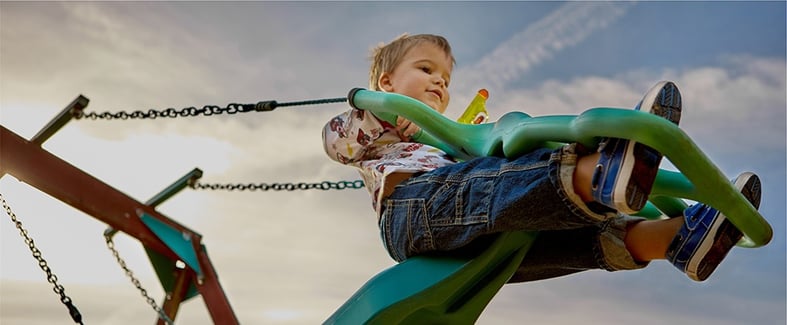
The Central Massachusetts Mosquito Control Project reports there are 51 mosquito species found in Massachusetts. So while you may feel that all mosquitoes are an equal nuisance, each species has unique behaviors, characteristics, and breeding patterns that make mosquito control in Massachusetts a challenge. Depending on the environment near your home, temperature and time of season- you may find species that are more common than others. Here are some common traits of mosquitoes in Massachusetts that will help you control them.
- Mosquitoes in the area are active early spring, late spring, and throughout the summer. Depending on fall temperatures, mosquito activity can continue through October.
- Do you have mosquitoes that show up the first warm day of spring? That's because some species will overwinter in the egg stage and hatch as soon as water tables rise.
- Mosquitoes are typically active during dusk and dawn. Even so, there are species that are active all night, during the sunniest day, and during warm, cloudy days.
- While the majority of mosquitoes keep their activity outdoors, a few species will move indoors for shelter and can bite you while you're sleeping.
- Aggression is another difference between species. Some will be more persistent than others.
- Not all mosquito bites are created equal. Some species deliver bites that are itchier than others. Try these natural repellents if you can't stop the itch.
- While the chance of acquiring a mosquito-borne disease in Massachusetts is extremely rare, there are species prevalent that transmit both Eastern Equine Encephalitis (also referred to as "Triple E" or "EEE") and West Nile Virus. Our pets are also at risk of acquiring heartworm from mosquito bites. Local transmission of Zika virus is still extremely unlikely.
Start controlling mosquitoes early.
Most of the species will have several generations per season. That means their populations incease as the summer progresses. Therefore, beginning spray treatments early in the season to control the populations near your home will get you better results for the remainder of the season.
Implement a consistent, routine program.
Mosquitoes can populate quickly, with some species of mosquito eggs hatching 24 hours after they are laid. A consistent program throughout the season prevents new generations of mosquitoes from hatching while also controlling the exisiting active population that may be breeding near your home.
Eliminate or treat standing water near your home.
Applied to stagnant water, Bti are natural bacteria which infect and kill mosquito larvae. These bacteria are highly selective, killing only mosquitoes while not harming other insects, fish, birds, worms or any mammals. If you have vernal pools or standing water on your property, this solution will help reduce the active mosquito population.
Treatments of PROGAEA™ Tick & Mosquito eliminate mosquitoes in all life-stages on your property. Over time, treated areas create a residual barrier protecting the property between routine treatments.

